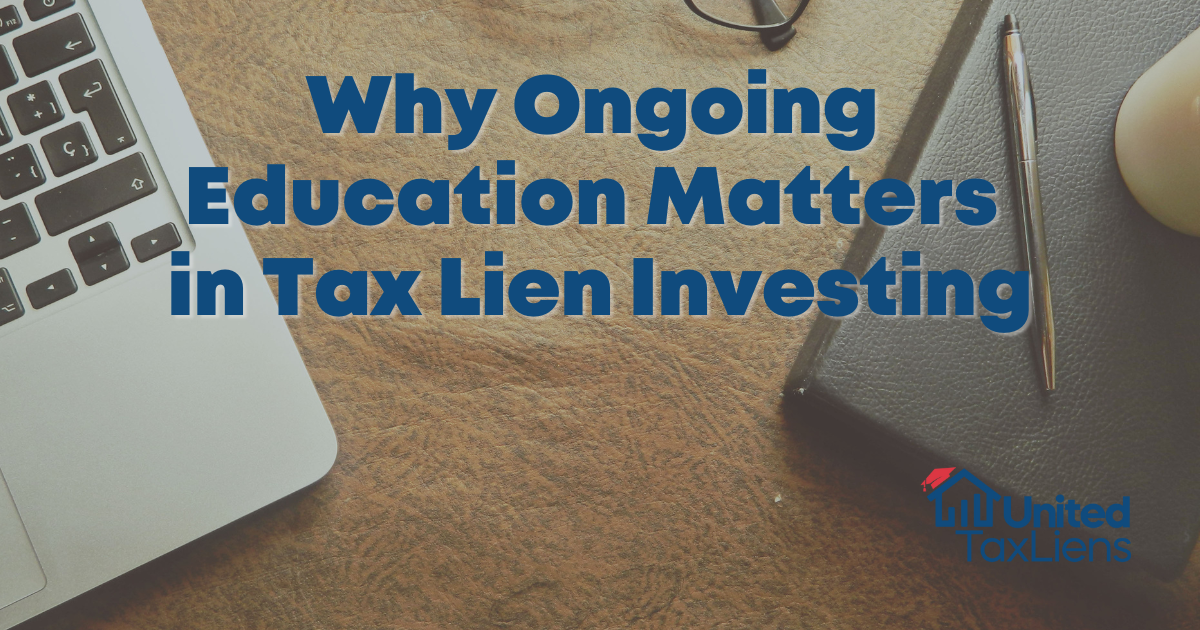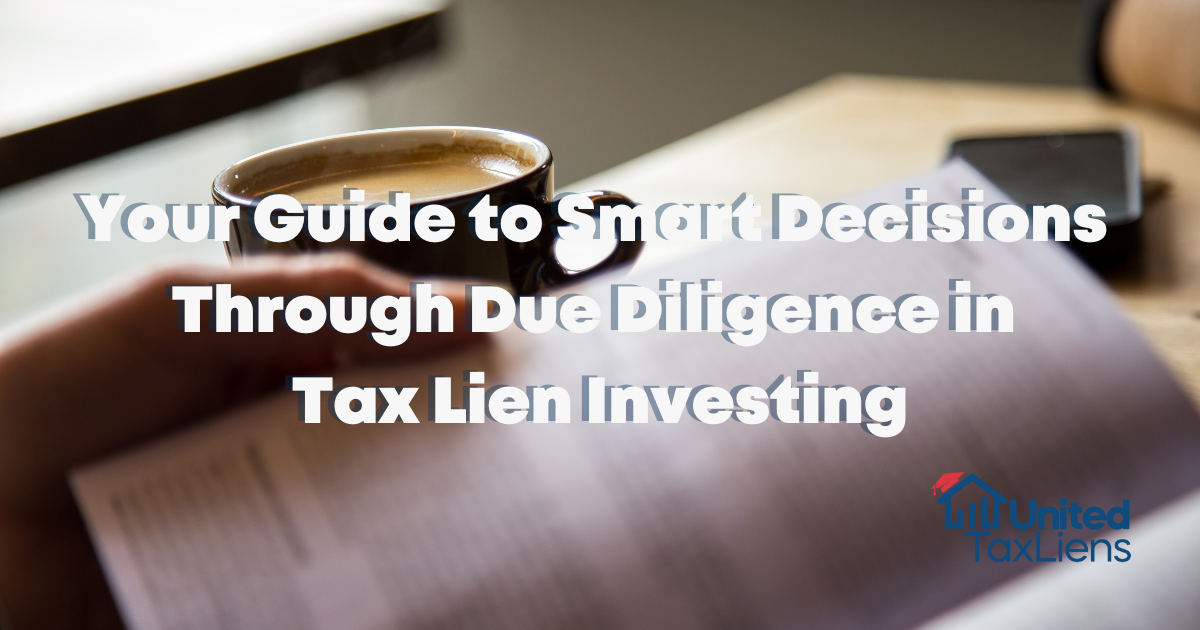
So, you’ve snagged a tax lien, and the property owner still hasn’t paid up. Now you’re left wondering: what’s next? If they don’t settle their debt during the redemption period, foreclosure could be your next move. And while it might sound like a straightforward way to turn a lien into property ownership, it’s a path that can be a little bumpy.
Think of foreclosure as your legal right to claim ownership of the property if the owner doesn’t pay off their overdue taxes. Once that redemption period closes, you’re holding the keys to a potential new piece of real estate. But here’s the catch—getting those keys requires more than just waiting around. You have to decide if pursuing the property is worth the effort, because while you could end up with a valuable asset, there’s also the reality of dealing with a complicated, and sometimes costly, legal process.
Foreclosure comes with its own set of rules, and they’re not the same everywhere. You’ll need to file the right documents, notify the property owner, and follow a timeline that’s set by your local regulations. Messing up one small step can delay everything or, worse, jeopardize your chances of securing the property altogether. It’s all about knowing the rules of your specific area so you don’t hit unnecessary roadblocks.
There are a couple of ways this process can unfold, depending on where you’re located. In some states, you might need to go through the court system—what’s called a judicial foreclosure. This path is more formal and can be a drawn-out process, but it ensures that everything is done by the book, with a judge overseeing the procedure. Other states allow for non-judicial foreclosures, which skip the court system entirely and usually move faster. The downside? You’re on your own to navigate the maze of procedural requirements. Knowing which process your state follows is a must if you want to plan effectively.
Before diving into the formalities, there’s one more step: notifying the property owner. It might sound like just a legal formality, but this notice is actually a big deal. It’s their final chance to pay off the debt and keep their property. If they still don’t settle up after that, it’s game on for you to move forward with foreclosure.
If you decide to go all the way, the property will likely end up at a public auction. This is where things get really interesting. Maybe you’ll face fierce competition from other bidders, or maybe no one else will show up, and you’ll be the only one bidding. Either way, the funds from the sale will go toward covering those unpaid taxes, any accrued interest, and any costs you’ve incurred along the way. And if you end up being the top bidder? Congratulations, you’re now the new owner. But hold off on the celebrations for just a second—being the new owner doesn’t mean you’re home-free.
Taking ownership comes with its own set of responsibilities. There might be existing legal issues or other liens tied to the property, and they become your problem now. Plus, you’ll need to ensure the property is up to code and keep it maintained if you want to sell or rent it out.
The question is: is all this worth it? Before you go all in, think hard about whether the potential value of the property outweighs the costs, time, and effort you’ll need to put into it. Sometimes it’s better to pass on a tricky property than to get tangled up in a long, expensive battle.
Foreclosure can be a fantastic way to score a property at a fraction of its value, but it’s not always a walk in the park. If you’re prepared to navigate the twists and turns, and you’ve done your homework, it can be a great opportunity. Just keep in mind that it’s not just about taking the next step—it’s about making sure it’s the right step for you.
This blog is for informational purposes only and should not be relied upon as financial or investment advice. Real estate investing carries risks, and individual results will vary. Always consult with your team of professionals before making investment decisions. The authors and distributors of this material are not liable for any losses or damages that may occur as a result of relying on this information.






